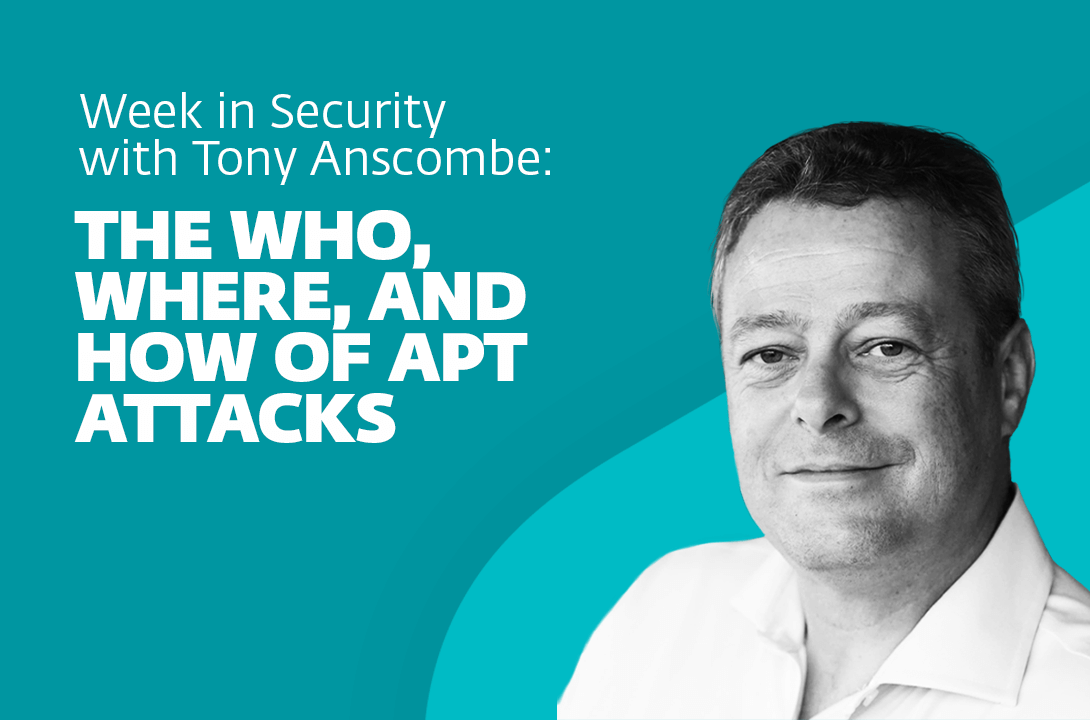
Let’s be honest, talking to your kids about identity theft isn’t probably top of your list. There’s a long list of topics to cover off when you are a parent. But if you take a minute to picture someone stealing your child’s identity or using their personal information to take out a loan for a shiny new car then you’ll probably want to move it closer to the top of your parenting to-do list!
What Is Identity Theft?
Identity theft occurs when a person’s personal identifying information is used without their permission, usually to commit fraud by making unauthorised purchases or transactions. Identity theft can happen in many ways, but its victims are usually left with significant damage to their finances, credit score, and even their mental health.
Most people associate identity theft with data breaches – think Optus, Latitude Financial and Medibank – however, there are many more ways that scammers can get their hands on your personal identifying details. They can use ‘phishing’ emails to get information from you, do a deep dive on your social media accounts to find identifying information in posts or photos, hack public Wi-Fi to access any information you share or simply, steal your wallet or go through your trash!!
How Big An Issue Is It Really?
In short, it’s a big problem – for both individuals and organisations. And here are the statistics:
- 76,000 cybercrime reports were made in the 2021/22 financial year, an increase of nearly 13% from the previous year, according to The Annual Cyber Threat Report by The Australian Cyber Security Centre (ACSC).
- A recent study by The Australian Cybercrime Survey showed that 31% of respondents had experienced identity crime in their lifetime and 20% within the previous 12 months. Just under half of the victims reported that they had noticed suspicious transactions on their bank statements. Although 25% of respondents couldn’t identify how their information was stolen, 16% attributed it to the hacking of a computer or device.
- 10 million Australians had their personal details stolen in the Optus data breach in September 2022.
- 7 million Australians also had personal data stolen in the Medibank data breach in October 2022.
- 14 million Australians had their personal information stolen in the Latitude Financial data breach in March 2023.
How Do You Know If You’re a Victim?
One of the biggest issues with identity theft is that you often don’t immediately know that you’re a victim. In some cases, it might take weeks before you realise that something is awry which unfortunately, gives the thief a lot of time to wreak havoc! Some of the signs that something might be wrong include:
- Unfamiliar charges to your bank account
- Calls and texts about products or services that you’ve never used
- You’re denied credit
- Strange emails in your inbox
- Not receiving expected mail
- Unexpected calls or letters from debt collectors
What To Do If You Think You’re a Victim
The key here is to act as soon as you believe you are affected. Don’t stress that there has been a delay in taking action – just take action now! Here’s what you need to do:
1. Call Your Bank
Your first call should be to your bank so they can block the affected account. The aim here is to prevent the scammer from taking any more money. Also remember to block any cards that are linked to this account, either credit or debit.
2. Change Your Passwords
If your identity has been stolen then it’s highly likely that the scammer knows your passwords so change the passwords for the affected accounts straight away!! And if you have used this same password on any other accounts then change these also. If you can’t remember, you can always reset the passwords on key accounts just to be safe.
3. Report It
It may feel like a waste of time reporting your identity theft, but it is an important step, particularly as your report becomes a formal record – evidence you may need down the track. It may also prevent others from becoming victims by helping authorities identify patterns and hopefully, perpetrators. If you think your personal identifying information has been used, report it to the Australian authorities at ReportCyber.
4. Make a Plan
It’s likely you’re feeling pretty overwhelmed at what to do next to limit the damage from your identity theft – and understandably so! Why not make a contract with IDCARE? It’s a free service dedicated to assisting victims of identity theft – both individuals and organisations – in Australia and New Zealand.
How Do We Talk To Our Kids About It?
If there is one thing I have learned in my 20+ years of parenting, it is this. If you want to get your kids ‘onboard’ with an idea or a plan, you need to take the time to explain the ‘why’. There is absolutely no point in asking or telling them to do something without such an explanation. It is also imperative that you don’t lecture them. And the final ingredient? Some compelling statistics or research – ideally with a diagram – my boys always respond well to a visual!
So, if you haven’t yet had the identity theft chat with your kids then I recommend not delaying it any further. And here’s how I’d approach it.
Firstly, ensure you are familiar with the issue. If you understand everything I’ve detailed above then you’re in good shape.
Secondly, arm yourself with relevant statistics. Check out the ones I have included above. Why not supplement this with a few relevant news stories that may resonate with them? This is your ‘why’.
Thirdly, focus on prevention. This needs to be the key focus. But don’t badger or lecture them. Perhaps tell them what you will be doing to minimise the risk – see below for your key ‘hot tips’ – you’re welcome!
What You Can Do To Manage Identity Theft?
There are a few key things that you can today that will both minimise your risk of becoming a victim and the consequences if you happen to be caught up in a large data breach.
1. Passwords
Managing passwords for your online accounts is one of the best risk management strategies for identity theft. I know it’s tedious, but I recommend creating a unique and complex 10+ digit password for each of your online accounts. Tricky passwords make it harder for someone to get access to your account. And, if you use the same log-in details for each of your online accounts – and your details are either leaked in a data breach or stolen – then you could be in a world of pain. So, take the time to get your passwords sorted out.
2. Think Before You Post
Sharing private information about your life on social media makes it much easier for a scammer to steal your identity. Pet names, holiday destination and even special dates can provide clues for passwords. So, lock your social media profiles down and ensure your privacy settings are on.
3. Be Proactive – Monitor Your Identity Online
Imagine how good it would be if you could be alerted when your personal identifying information was found on the Dark Web? Well, this is now a reality! McAfee’s latest security offering entitled McAfee+ will not only protect you against threats but provide 24/7 monitoring of your personal details so it can alert you if your information is found on the Dark Web. And if your details are found, then advice and help may also be provided to remedy the situation. How good!!
4. Using Public Computers and Wi-Fi With Caution
Ensuring you always log out of a shared computer is an essential way of keeping prying eyes away from your personal identifying information. And always be super careful with public Wi-Fi. I only use it if I am desperate and I never conduct any financial transactions, ever! Cybercriminals can ‘snoop’ on public Wi-Fi to see what’s being shared, they can stage ‘Man in The Middle Attacks’ where they eavesdrop on your activity, or they can lure you to use their trustworthy sounding Wi-Fi network – designed purely to extract your private information!
5. Monitor Your Bank Accounts
Why not make a habit of regularly checking your bank accounts? And if you find anything that doesn’t look right contact your bank immediately to clarify. It’s always best to know if there is a problem so you can address it right away.
With so many Aussies affected by data breaches and identity theft, it’s essential that our kids are armed with good information so they can protect themselves as best as possible. Why not use your next family dinner to workshop this issue with them?
Till Next Time
Stay Safe Online
Alex




